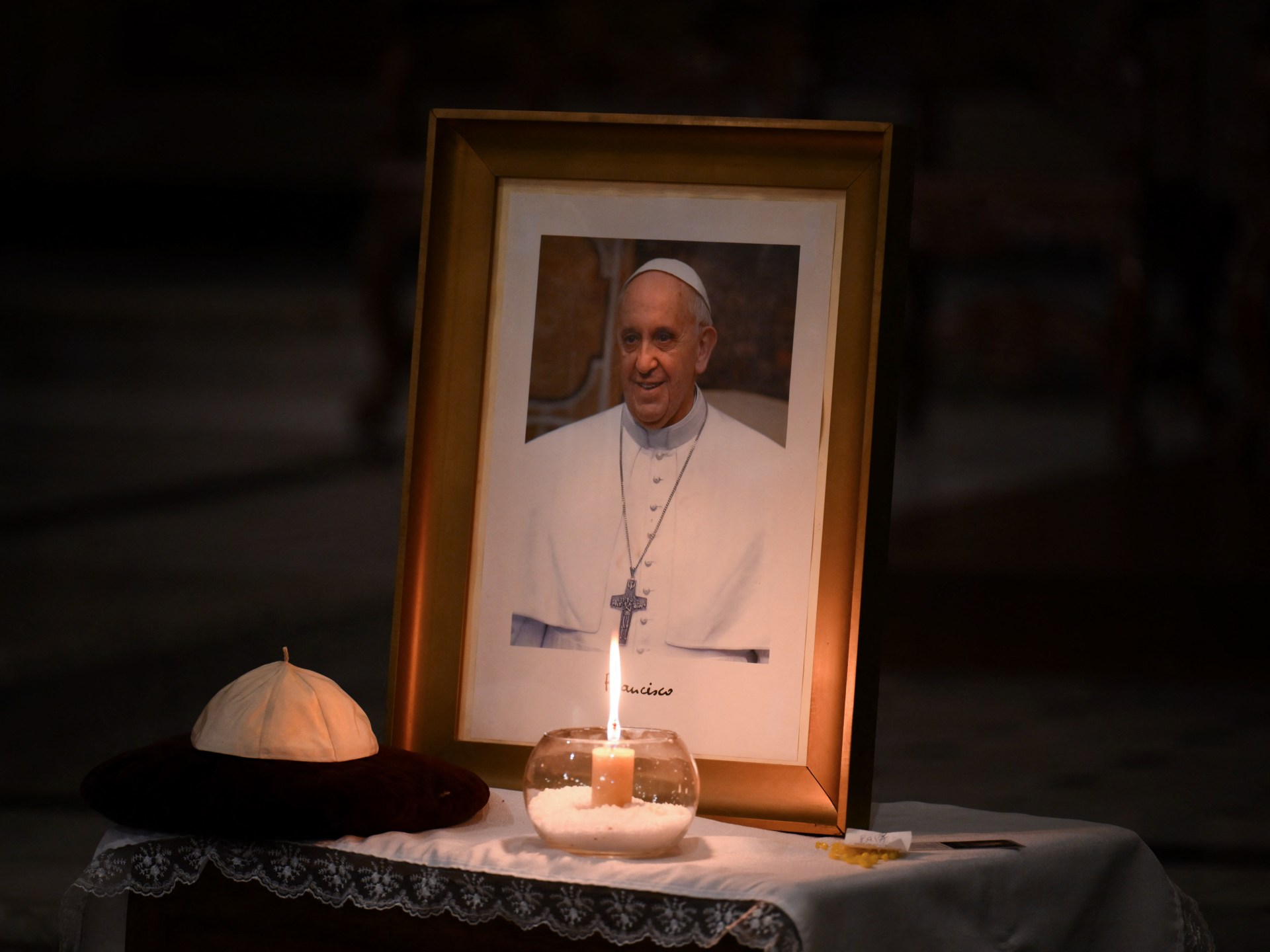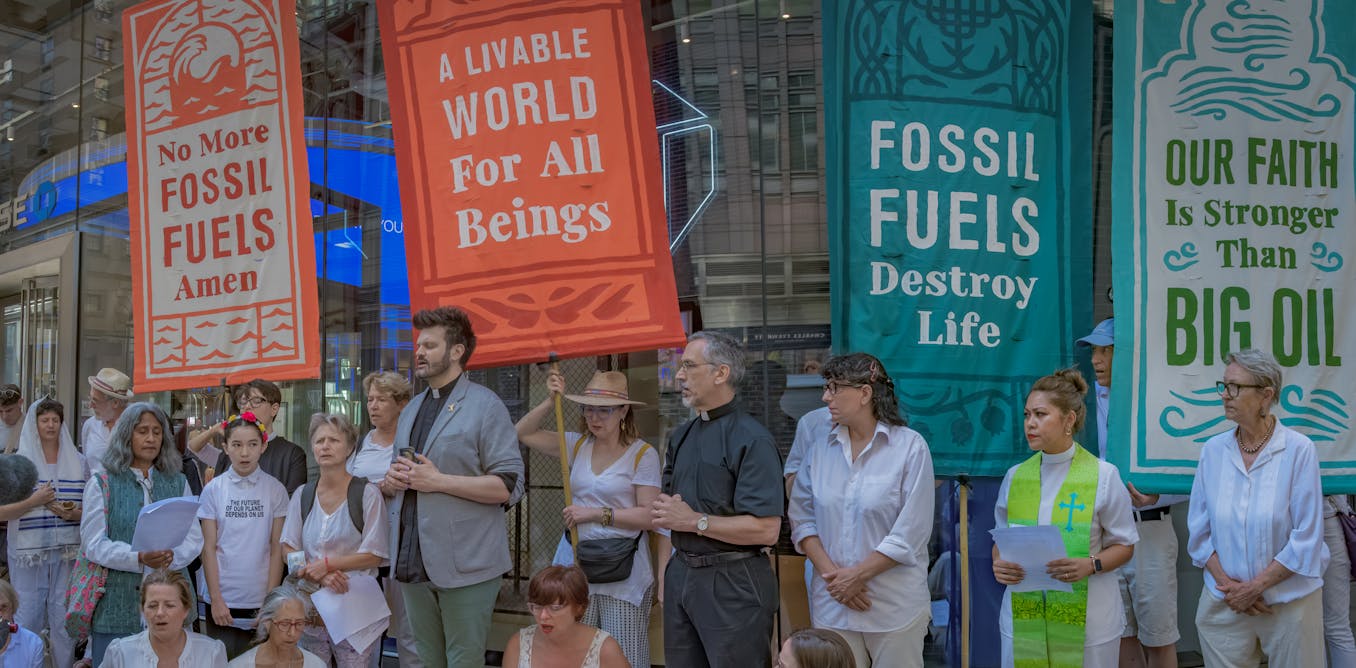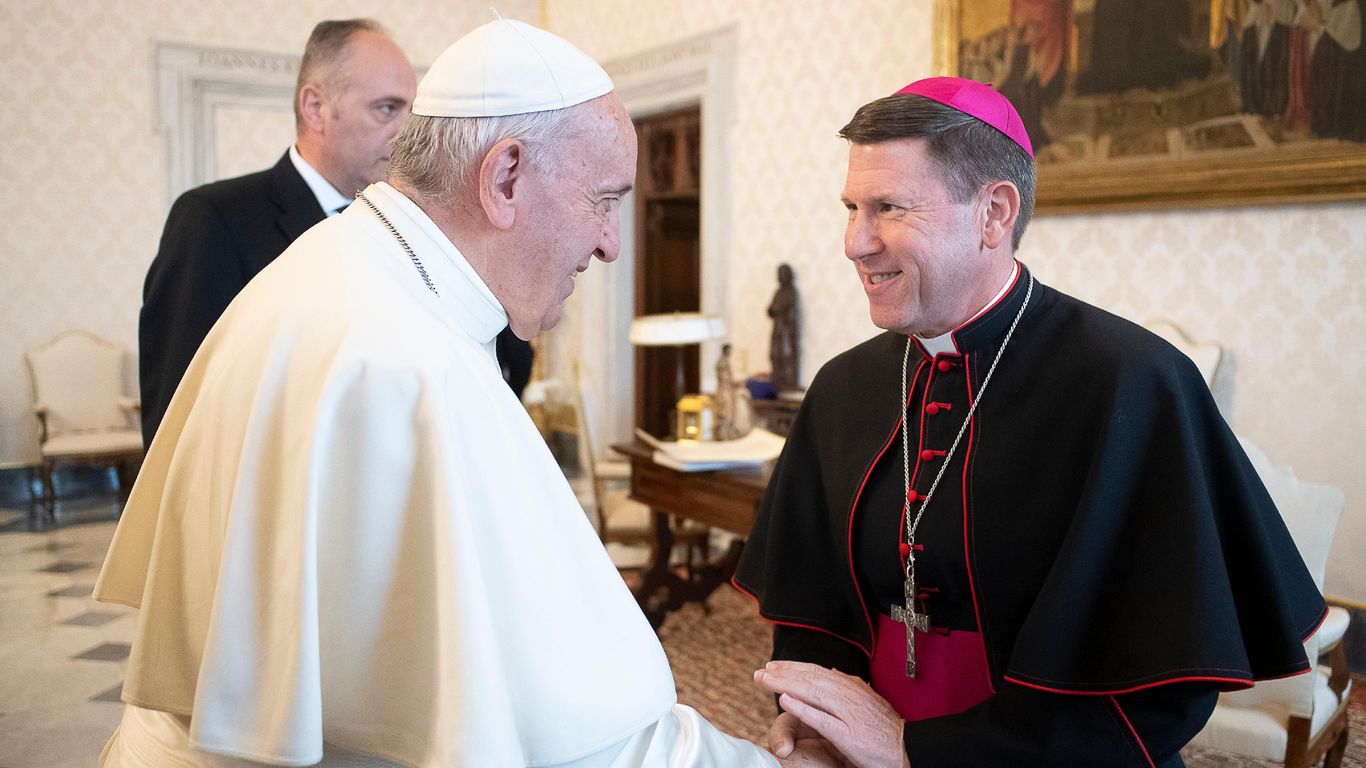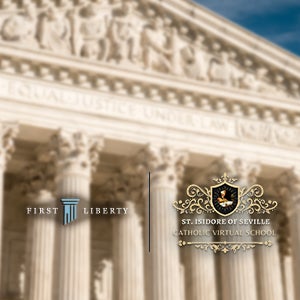Faith, Funding, and Favoritism: Inside the Government's Secret Bias Machine
Religion
2025-04-03 14:58:21Content

In the complex landscape of religious freedom and public funding, a persistent legal challenge continues to unfold across the United States. Despite clear Supreme Court rulings affirming the rights of religious organizations, hundreds of state laws still stand as barriers, unconstitutionally preventing faith-based groups from accessing public funds.
These outdated statutes, often rooted in historical anti-religious biases, directly conflict with recent Supreme Court decisions that have consistently upheld the principle of religious neutrality in government funding. Landmark cases like Trinity Lutheran v. Comer and Espinoza v. Montana Department of Revenue have repeatedly struck down discriminatory policies that exclude religious institutions from generally available public benefit programs.
Yet, many states continue to maintain laws that effectively marginalize religious organizations, preventing them from participating in programs ranging from educational grants to community development funding. These restrictions not only violate constitutional protections but also undermine the fundamental principle of equal treatment under the law.
Legal experts argue that such laws represent a clear violation of the First Amendment, which prohibits government discrimination based on religious affiliation. The ongoing resistance to these Supreme Court rulings highlights the deep-seated challenges religious groups still face in achieving full legal equality and fair access to public resources.
As the legal battle continues, advocates for religious freedom remain committed to challenging these unconstitutional barriers, seeking to ensure that faith-based organizations can fully participate in public funding opportunities without facing systemic discrimination.
Religious Freedom Under Siege: The Battle for Fair Public Funding in America
In the complex landscape of constitutional rights and government funding, religious organizations continue to face significant challenges in accessing public resources. The ongoing legal struggle reveals deep-rooted tensions between constitutional protections and institutional biases that have long marginalized faith-based groups seeking equal treatment under the law.Breaking Barriers: When Justice Meets Discrimination
The Constitutional Conundrum of Religious Funding
The United States Constitution guarantees religious freedom, yet a labyrinth of legislative obstacles continues to impede faith-based organizations from accessing public funding streams. Despite multiple Supreme Court rulings affirming the rights of religious institutions, hundreds of state and local laws remain entrenched, systematically excluding these groups from critical financial resources. Legal experts argue that these discriminatory statutes represent a fundamental violation of First Amendment protections. The intricate web of regulations creates significant barriers that prevent religious organizations from participating equally in government funding opportunities, effectively marginalizing their potential contributions to community services.Historical Context of Religious Discrimination
Tracing the roots of these funding restrictions reveals a complex historical narrative of institutional bias. Since the early days of the republic, religious organizations have struggled to overcome deeply ingrained prejudices that seek to maintain a strict separation between church and state. However, modern interpretations of constitutional law increasingly challenge these antiquated perspectives. Recent Supreme Court decisions have consistently emphasized the importance of viewpoint neutrality in government funding. These landmark rulings underscore the principle that religious organizations cannot be systematically excluded from public resources solely based on their religious affiliation.Legal Battlegrounds and Emerging Challenges
The current legal landscape presents a dynamic battleground where religious liberty intersects with governmental funding mechanisms. Numerous cases have emerged challenging long-standing discriminatory practices, with advocacy groups mounting strategic legal challenges to dismantle unconstitutional barriers. Constitutional lawyers argue that these funding restrictions not only violate religious freedom but also undermine the broader principles of equal protection under the law. By preventing faith-based organizations from accessing public funds, these laws effectively create a system of institutionalized discrimination that contradicts fundamental American values.Practical Implications for Community Services
The exclusion of religious organizations from public funding has profound practical consequences. Many faith-based groups provide critical social services, including education, healthcare, and community support programs. By limiting their access to financial resources, these restrictive laws ultimately harm the communities these organizations serve. Empirical evidence suggests that religious organizations often operate more cost-effectively and with greater community engagement compared to traditional government-run programs. Their exclusion from funding streams represents not just a legal injustice but a missed opportunity for more efficient and compassionate community support.The Path Forward: Advocacy and Legal Reform
Addressing these systemic challenges requires a multifaceted approach combining legal advocacy, legislative reform, and public education. Progressive legal strategies are increasingly challenging discriminatory funding mechanisms, pushing for a more inclusive interpretation of constitutional protections. Emerging coalitions of religious liberty advocates, civil rights organizations, and constitutional experts are working collaboratively to dismantle these barriers. Their efforts aim to create a more equitable framework that respects both religious freedom and the principles of fair public funding.RELATED NEWS
Religion

Farewell to Francis: Massive Crowds Flood Vatican as Quarter-Million Bid Emotional Goodbye
2025-04-25 18:07:58
Religion

Silent Pulpits: Why Christian Leaders Know About Climate Change But Aren't Talking
2025-04-02 12:47:05






